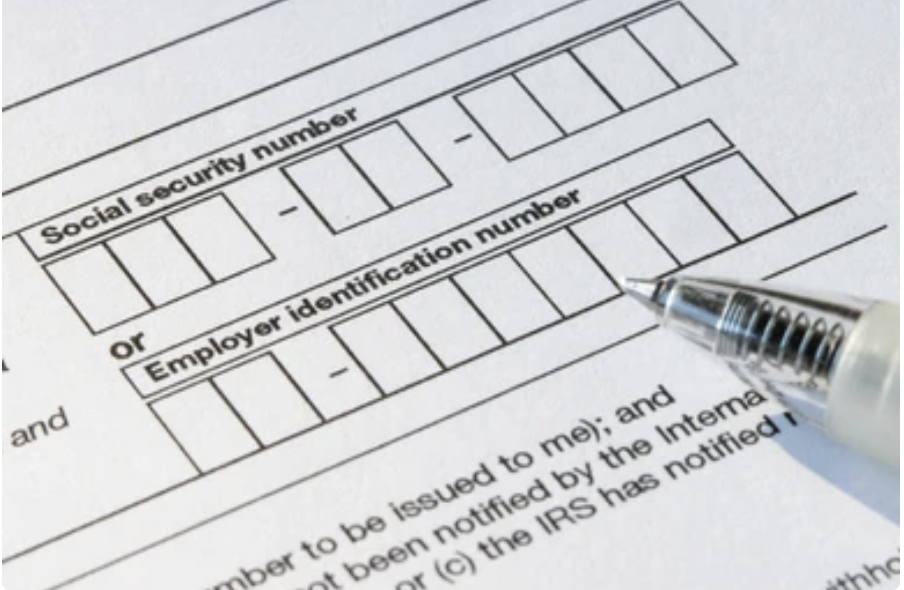Tax season is a critical time for businesses, as it is about meeting compliance and filing deadlines and ensuring the security of sensitive financial information. With the increasing sophistication of cybercriminals and fraud schemes, businesses must adopt robust strategies for better defenses. Here are practical tips to help your organization avoid security and fraud issues this tax season:
- Educate Your Employees: Make sure your team is aware of the common types of tax scams, such as phishing emails claiming to be from the IRS or a tax software provider. Regular training sessions can help employees recognize and avoid suspicious activities.
- Use Secure Networks: When handling tax information, ensure internet connections are secure. Avoid using public Wi-Fi networks for any tax-related activities. Implement a VPN for added security if employees are working remotely.
- Implement Strong Password Policies: Use strong, unique passwords for all accounts related to tax filing and financial information. Consider using a password manager to securely store passwords and enable multi-factor authentication wherever possible to add an extra layer of security.
- Keep Software Up to Date: Ensure that all your software, especially tax preparation software, operating systems, and anti-virus programs, are up to date. Regular updates often include patches for security vulnerabilities.
- Secure Physical Documents: Not all threats are digital. Securely store any physical documents containing sensitive information, such as tax returns and employee SSNs. Use a shredder to dispose of these documents when they are no longer needed.
- Limit Access to Sensitive Information: Only allow employees access to the information necessary for their job roles. Implement strict access controls and regularly review who has access to sensitive tax and financial data.
- Monitor Transactions and Accounts Regularly: Keep a close eye on bank and credit accounts for any unusual activity. Early detection of fraudulent transactions can prevent significant losses.
- Verify Requests for Financial Information: If you receive unexpected requests for sensitive information, verify the authenticity directly with the requesting entity using known contact information, not the contact details provided in the request.
- Use Trusted Tax Professionals and Software: Choose reputable tax preparation services and software. Check for reviews and ratings to ensure their credibility. Avoid services that promise suspiciously large refunds or charge fees based on the size of the refund.
- Report Suspected Fraud: If you suspect a scam or fraud has targeted you, report it immediately to the IRS and local law enforcement. Reporting can help prevent further attempts and protect others in the community.
- Backup Important Data: Regularly backup important tax documents and financial records. Use encrypted storage solutions to protect the data and ensure backups are secure.
- Be Wary of Unsolicited Communications: The IRS does not initiate contact with taxpayers via email, text message, or social media channels to request personal or financial information. Any such communications should be treated as suspicious.
By implementing these tips, businesses can significantly reduce their risk of falling victim to tax-related scams and fraud. It’s about creating a culture of security awareness, adopting best practices in information protection, and staying vigilant to the evolving tactics of cybercriminals.
LibertyID Business Solutions provides customer WISP protocols, advanced information security employee training, third-party vendor management tools, and post-breach regulatory response and notification services. This allows businesses to improve the safeguards surrounding their consumers’ private data and head toward a compliant posture in relation to the federal FTC and often overlooked state regulations. Along with the components mentioned, LibertyID Business Solutions includes our gold-standard identity fraud restoration management services for employees and their families.

